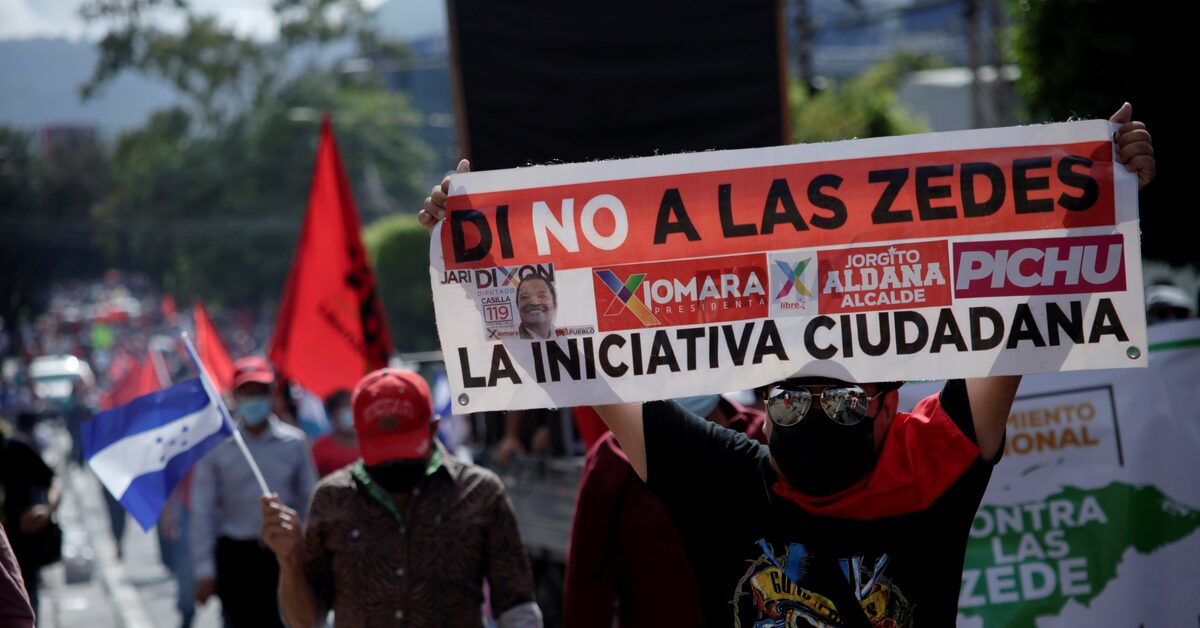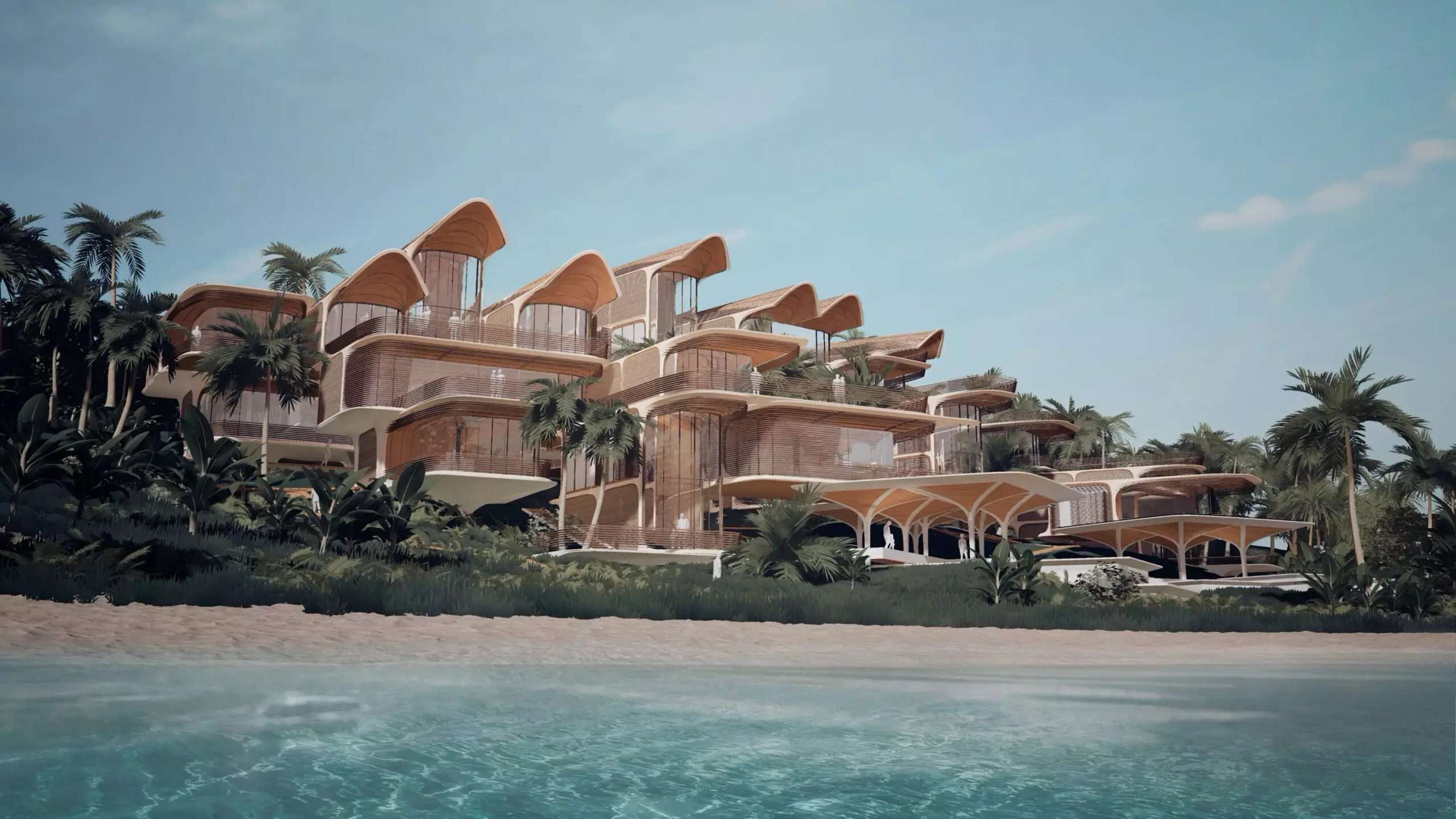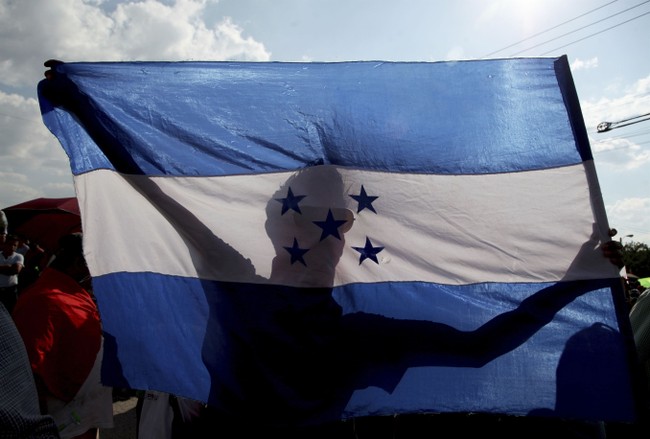When Samson Mow, architect of the “Bitcoin Bond,” announced that the charter city had adopted a bitcoin standard, many watched in confusion as this small city was largely unknown. Now, Próspera is trying to show the world what it means to exist semi-autonomously from nation-state control while still being part of a nation-state.
Joel Bomgar, the president of Honduras Próspera Incorporated (the private company behind the creation of Próspera) sat down virtually with Bitcoin Magazine for an interview where he referred to Próspera as “a free city that has adopted bitcoin as legal tender.” Bomgar chose these words specifically because the city isn’t just about bitcoin, it’s about freedom. Bitcoin just happens to be the quintessential tool for achieving its economic freedom.
Speaking of economic freedom through the adoption of bitcoin as legal tender, one’s mind might wander to thoughts of El Salvador doing this very same thing at the nation-state level. However, the scale of Próspera is much smaller, and the election to use bitcoin as legal tender is a choice, not a requirement. Critics of El Salvador’s have challenged the adoption process of El Salvador, and while we will not discuss those differences here today, it is important to note that the forms of adoption between Próspera and El Salvador are vastly different.
But what exactly is this free city, and how did it come to recognize bitcoin as legal tender?
...
How Is Bitcoin Recognized As Legal Tender?
Taxation. At least, that’s how bitcoin was initially recognized as legal tender. In Próspera, taxes include: a 5% individual income tax, 2.5% sales tax for goods and services, 1% corporate revenue tax, and 1% land value tax. That’s it.
There are no other taxes (not even capital gains taxes) levied within Próspera. This allowed residents and businesses to transact in whatever currency they deemed appropriate which made bitcoin a de facto legal tender, if that was their choice. However, Próspera went one step forward in May of last year and released a resolution for the acceptance of bitcoin and other cryptocurrencies as legal tender. The resolution states that, in order to use bitcoin, the amount of bitcoin used must be equivalent or greater to the value denominated in USD or the Honduran lempira at the time of the transaction.
...
More:
Próspera is a private charter city and special economic zone on the island of Roatán in the Central American state of Honduras. The city is an autonomous zone with private government and its own fiscal, regulatory and legal architecture,[1].
...
Based on the Honduran ZEDE law, Próspera has its own civil law and regulatory structure, independent of that of Honduras. However, ZEDEs remain bound by the Honduran constitution and its criminal law code. The ZEDE law in Honduras was inspired by successful special economic zones such as Shenzhen in China or Dubai in the United Arab Emirates.
...
In 2022, Honduran president Xiomara Castro repealed the enabling legislation for the ZEDEs, leaving developments like Prospera in limbo. [4]
...
Próspera - Wikipedia
TEGUCIGALPA, April 21 (Reuters) - Honduras' Congress unanimously repealed a law overnight which allowed for the creation of special economic zones exempt from some national laws and taxes throughout the country, known as Zones for Employment and Economic Development (ZEDEs).
Legislators in the unicameral Congress said the law violated the Central American country's constitution and its sovereignty.
The so-called ZEDE law was passed in 2013, but was vigorously promoted during the administration of former President Juan Orlando Hernandez from 2014 to 2022 to encourage international investment and employment in Honduras, where more than 60% of the population lives in poverty.
Hernandez was extradited to the United States Thursday on drug trafficking and arms possession charges.
The legislation was repealed at the behest of leftist President Xiomara Castro, who took office in January. During her campaign, Castro had promised to push for the law's repeal.
The chamber also passed a constitutional reform, which must be ratified next year, abolishing existing ZEDEs.
...

Honduran Congress unanimously nixes special economic zones
Honduras' Congress unanimously repealed a law overnight which allowed for the creation of special economic zones exempt from some national laws and taxes throughout the country, known as Zones for Employment and Economic Development (ZEDEs).
So they repealed the law that allowed for the creation of ZEDEs and passed a constitutional reform that still needs to be ratified to abolish existing ZEDEs.
Prospera folks think they have some legal leverage:
...
In a statement, initially issued the day before the cancellation of the ZEDE program, the Prospera folks were confident they could continue as they were; indeed, that they had airtight legal agreements that ensure it.
"The ZEDE framework was built to last and specifically tailored to serve as a rule of law oasis of economic freedom and legal stability in Honduras for decades to come," Prospera said, after insisting the project is protected by "a Fifty (50) year legal stability agreement" and that "in case of repeal or amendment of the ZEDE framework, Article 45 of the ZEDE Organic Law nevertheless states that the rights and privileges of ZEDE investors will stay in place for the duration of their stability agreements."
Prospera's future is further secured, the statement said, by the fact that "Honduras Próspera, Inc., the Promoter & Organizer of Prospera ZEDE, is a U.S. company with rights under the Central American Free Trade Agreement (CAFTA-DR) and the U.S.-HN Bilateral Investment Treaty, which extend to investments made in Próspera ZEDE the highest degree of legal protection in Honduras."
...

Honduras Ends Its Experiment With Charter Cities
Honduras had been a pioneer in experimenting with what were called ZEDEs—"Zones for Employment and Economic Development" in English translation....





